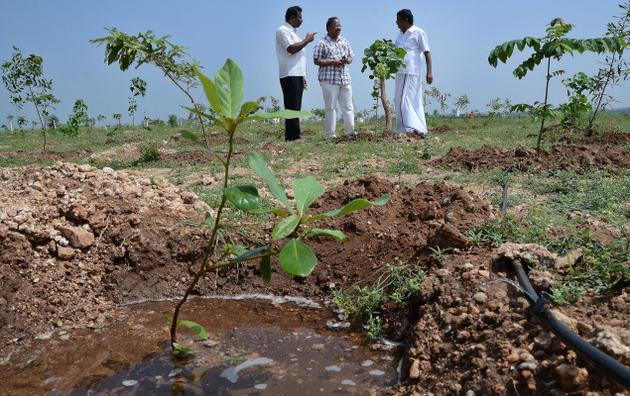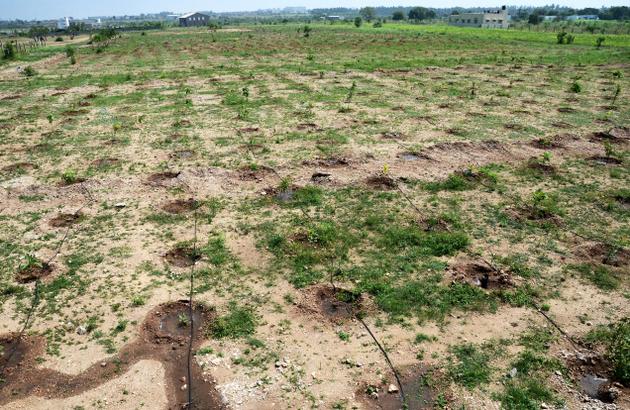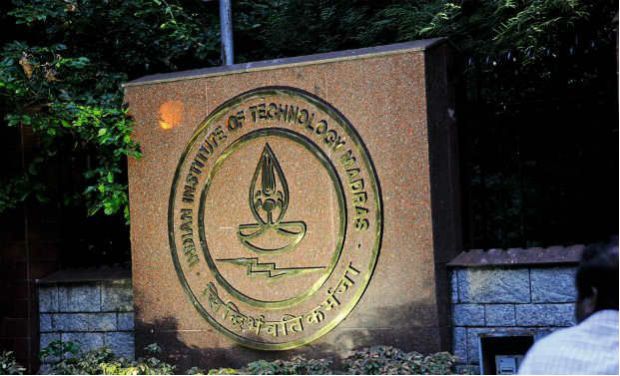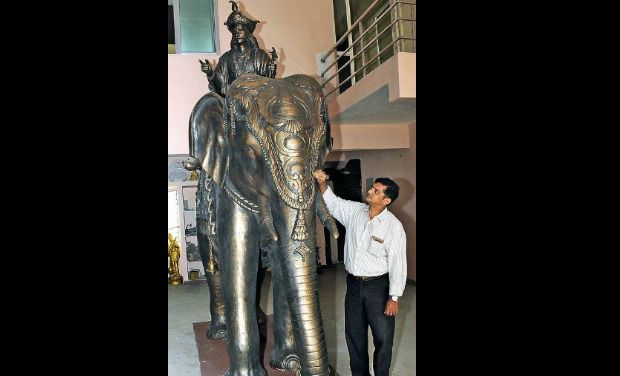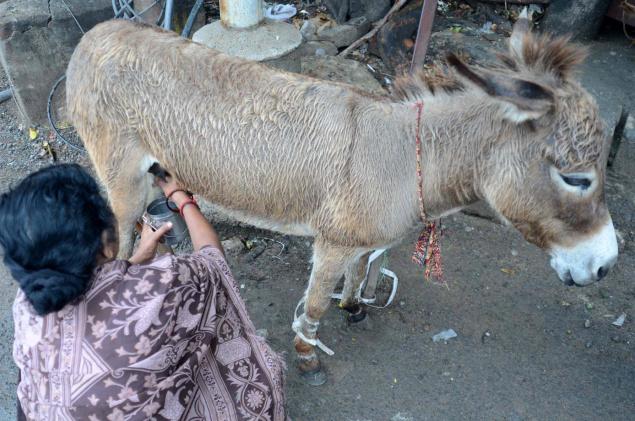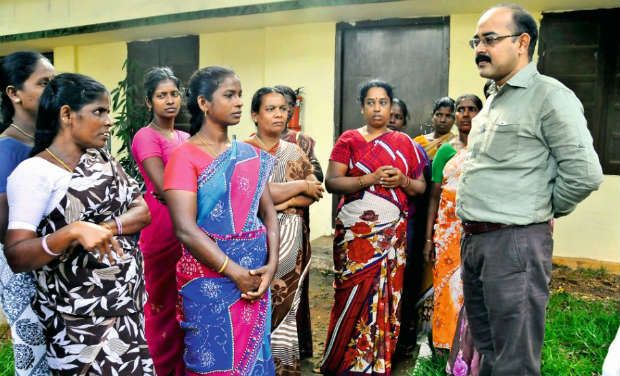
Chennai:
The Military Cantonment Board in St.Thomas Mount has launched a unique initiative to provide employment to widows and destitute women in Chennai’s slums, identified by the School of Human Excellence of the prestigious Loyola College.
These women have been employed as conservancy staff to keep the vast cantonment area in the city clean, according to cantonment CEO Prabhakaran. He told DC that women working as housemaids for paltry salaries of 2,000-3,000 rupees a month are now being paid Rs 350 per day by the cantonment board.
“They are immensely happy. With their family incomes going up, their children are not dropping out of schools,” said the cantonment official, adding, “This is the first of its kind initiative undertaken by any cantonment, or for that matter any city corporation, in the country.”
He said the women were assigned only the job of sweeping the streets and there were no menial jobs like drainage cleaning given to them. “We treat them with dignity. We also make available free medical and education facilities for the families as we have two hospitals and two schools in the cantonment,” Prabhakaran said.
He said the programme was launched with just seven women workers drawn from different city slums on September 10 and their number went up to 22 now. Interestingly, the ‘spark’ for the initiative was lit at the birthday lunch that the CEO got for his wife Agila.
The couple chose to share lunch with the nearly 100 poor girls housed at the Fr Chirag Foundation, a vocational training centre run by Fr Henry Jerome, Dean, School of Human Excellence, Loyola College.
“That experience moved me and I decided I must do something for the poorer sections of our society. Loyola College helped me through its ‘outreach’ programme led by Prof Bernard Sami. His team was already familiar with most slums in the city and they helped us to identify deserving women,” said Prabhakaran.
Shanti, 38, is among the 22 now happily employed at the cantonment. This widow from Mangalapuram slum in Chetput lost her husband to alcoholism-most women in the group have similar stories to tell-four months back.
“I slogged as a housemaid and needed to frequently borrow at high interest from moneylenders. I was worried for my little son and daughter attending school. Now we feel reassured,” she said.
source: http://www.deccanchronicle.com / Deccan Chronicle / Home> News> Current Affairs / DC / by D. Senthil Natarajan / November 14th, 2013
